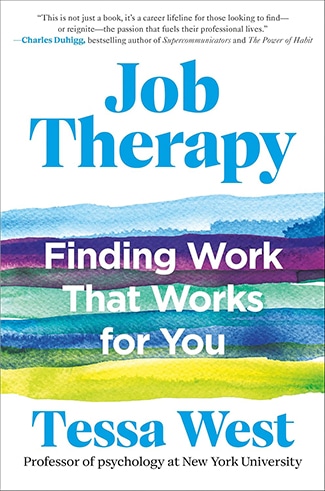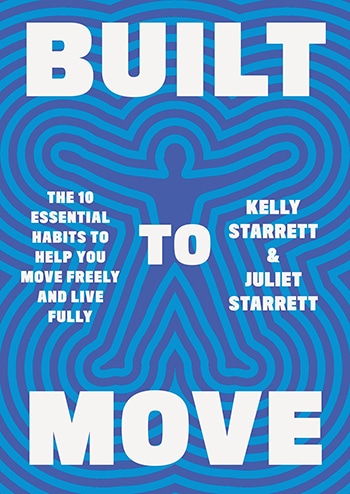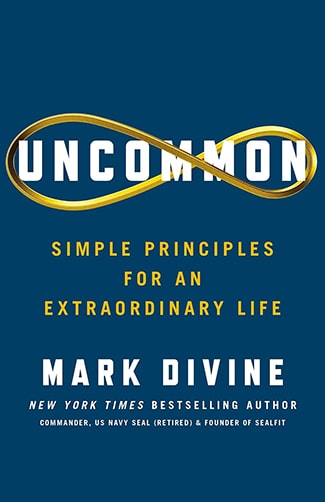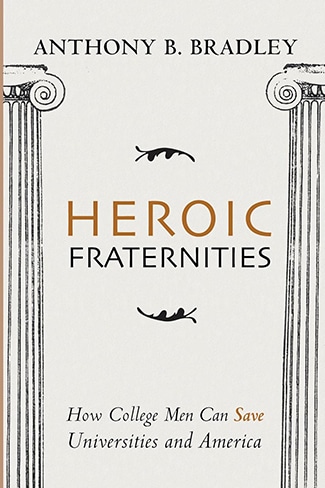Podcast Summary
Sunlight's complex health benefits: Sunlight has numerous health benefits beyond bone health, including improved blood pressure, reduced risk of autoimmune diseases, insulin resistance, and better mood. These benefits can't be fully replicated by vitamin D supplements and must be weighed against the risk of skin cancer.
While vitamin D production from sunlight is important for bone health and other functions, it's not the only benefit. Sunlight also has positive effects on blood pressure, autoimmune diseases, insulin resistance, and mood, among other things. These benefits can't be fully replicated by vitamin D supplements alone. It's crucial to weigh these benefits against the risk of skin cancer. Interestingly, health officials in Australia, which has the highest rate of skin cancer in the world, have revised their recommendations around sun exposure. Sunscreen still plays a role, but avoiding complete sun avoidance is now encouraged. Sunlight's benefits are a complex interplay of various wavelengths of UV radiation, primarily UVB, which triggers the conversion of cholesterol-like molecules in the skin into vitamin D.
Sunlight and Health Benefits: Sunlight may provide health benefits beyond vitamin D, such as decreasing blood pressure through the skin's ability to store and convert nitrates into nitric oxide
While vitamin D is important for our health, supplements have been proven to be ineffective in improving various health conditions. Instead, the health benefits associated with vitamin D may be due to the sunlight itself, triggering various processes and pathways in the body. For instance, there is evidence linking sunlight exposure to decreased blood pressure. This is due to the skin's ability to store nitrates, which are converted into nitric oxide, a potent vasodilator that helps relax and dilate blood vessels, lowering blood pressure. Overall, the focus should shift from vitamin D supplements to the importance of sunlight exposure for overall health.
Sunlight and immune function, blood pressure: Sunlight, particularly UVA rays, leads to nitric oxide production for vasodilation and lower blood pressure, and a local inflammatory response in the skin that triggers a systemic anti-inflammatory response, reducing chronic inflammation linked to diseases.
Sunlight interacts with the body in various ways beyond vitamin D production, contributing to both lower blood pressure and improved immune function. In the case of blood pressure, it's the UVA rays that trigger the production of nitric oxide, which leads to vasodilation and lower blood pressure. Regarding immune function, UV radiation causes a local inflammatory response in the skin, which in turn triggers a systemic anti-inflammatory response throughout the body. This discovery is significant because chronic inflammation is linked to several modern diseases, and a free, natural intervention like sunlight exposure could offer substantial health benefits. Historically, the therapeutic use of sunlight for various conditions dates back to ancient times, and modern research continues to uncover new ways sunlight positively impacts our health.
Sun exposure effects on health: Sun exposure interacts with various signaling molecules and hormones, leading to diverse effects on the immune system, inflammation, autoimmune diseases, insulin resistance, mood, and sleep. Sunlight helps regulate seasonal gene expression and plays a role in reducing the risk of diabetes and insulin resistance.
Sun exposure has complex effects on the body beyond just providing vitamin D. It interacts with various signaling molecules and hormones, leading to diverse effects on the immune system, inflammation, autoimmune diseases, insulin resistance, and even mood and sleep. The body produces different versions of vitamin D from sunlight, and some cannot be replaced with supplements. Sunlight has been shown to help with autoimmune diseases like MS and psoriasis due to its anti-inflammatory properties. Additionally, sunlight plays a role in reducing the risk of diabetes and insulin resistance. A study found that about a third of human genes have a seasonal component, with inflammatory genes being expressed more in winter and anti-inflammatory genes in summer. Sunlight helps regulate this seasonal expression by signaling biological winter or summer through the skin and eyes. Sun exposure also influences sleep and mood, primarily through the eyes, by setting the circadian rhythm and increasing alertness. Overall, sun exposure has numerous intricate effects on various aspects of health, making it essential to maintain adequate sunlight exposure for optimal well-being.
Sunlight and Mood: Sunlight impacts our mood and sleep patterns by regulating circadian rhythms and affecting the production of melatonin, serotonin, and endorphins. Moderate sun exposure has health benefits, but sun protection is necessary to prevent skin damage.
Natural sunlight plays a crucial role in regulating our circadian rhythms and mood, affecting the production of melatonin, serotonin, and endorphins. Exposure to sunlight helps us wake up and feel alert during the day, while lack of sunlight during winter can lead to conditions like Seasonal Affective Disorder (SAD). Sunlight also increases the production of vitamin D, a marker of sufficient sunlight exposure, which has numerous health benefits. However, it's essential to balance sunlight exposure with sun protection to prevent skin damage and skin cancer. The American Academy of Dermatology recommends applying sunscreen daily on exposed skin, but it's important to consider the potential benefits of moderate sun exposure and follow a balanced approach.
Skin Cancer Types and Sun Protection: Understanding the differences between basal cell carcinoma, squamous cell carcinoma, and melanoma, and adjusting sun protection accordingly based on individual skin types and sun exposure histories is crucial for effective skin cancer prevention.
Not all skin cancers are created equal. While basal cell carcinoma (BCC) and squamous cell carcinoma (SCC) are common and usually treatable with outpatient procedures, melanoma is much less common but deadlier. BCCs are often caused by sun damage and are more common than all other cancers combined. Contrary to popular belief, having a BCC doesn't significantly impact one's health. SCCs are also treatable, but require more attention than BCCs. Melanoma, on the other hand, is the one to worry about, as it's responsible for most skin cancer deaths. The public messaging around skin cancer can be misleading, as it often conflates the common but harmless BCCs with the deadly melanoma. It's important to understand the nuances of different types of skin cancers and adjust sun protection accordingly. While chronic sun exposure increases the risk of BCCs, melanoma is more closely linked to intermittent sun exposure and sunburns, especially in childhood. The push for sunscreen use every day, even indoors, may prevent BCCs but could also deprive us of the health benefits of sun exposure, such as vitamin D production and immune system improvement. The one-size-fits-all approach to sunscreen use may need to change, taking into account individual skin types and sun exposure histories.
Sun exposure recommendations: Individualized sun exposure recommendations based on skin type and location are essential for vitamin D production and other health benefits, while also minimizing the risk of skin cancer.
Sun exposure recommendations should be individualized based on skin type and location, rather than a one-size-fits-all approach. Health officials in Australia, with its high UV exposure and skin cancer rates, have taken a more nuanced stance on sunscreen use. They recommend different guidelines for people with pale, dark, and medium skin tones. For most people, getting 10-20 minutes of sunlight a day without sunscreen is sufficient for vitamin D production and other health benefits. However, those with darker skin may need longer exposure times. In higher latitude areas, people may not get enough UVB rays for vitamin D production during certain seasons. It's essential to remember that excessive sun exposure can increase the risk of skin cancer, so it's crucial to find a balance and consult with healthcare professionals for personalized recommendations.
Sun Protection, Vitamin D: Protect yourself from sunburn to reduce risk of skin cancer while ensuring enough sunlight for vitamin D production. Consider using narrow band UVB lamps for safer alternative to sunlight.
While it's important to get enough sunlight for vitamin D production and overall health, it's equally important to protect yourself from sunburn. Use sunscreen whenever you plan to be out for an extended period, especially when the sun's rays are stronger, such as during summer or at high altitudes. Sunburn increases the risk of skin cancer and other health issues. Additionally, new technologies like narrow band UVB lamps may offer a safer alternative to sunlight for vitamin D production and potential health benefits without the risk of skin cancer. However, more research is needed to fully understand the potential of tanning beds in this regard.
Importance of sunlight: Our bodies need sunlight for essential vitamins and minerals, but should avoid excessive exposure to minimize risks like skin damage and skin cancer. UVB rays are important for vitamin D production, while UVA rays can cause damage and aging.
Key takeaway from this conversation with Rowan Jacobson is that our bodies need sunlight, just like plants. While there are risks associated with excessive sun exposure, such as skin damage and increased risk of skin cancer, sunlight also provides essential vitamins and minerals that our bodies cannot produce on their own. UVB rays, in particular, are important for the production of vitamin D, which is crucial for bone health and immune function. However, not all wavelengths of sunlight are created equal. Some wavelengths, like UVA, can cause damage to the skin and contribute to aging and skin cancer. In the future, tanning beds may attempt to curate their wavelengths to maximize the benefits of sunlight while minimizing the risks. Rowan Jacobson is a leading expert on the importance of sunlight and the author of the upcoming book "In Defense of Sunlight," due out in 2026. To learn more about his work, visit his website at RowanJacobson.com. In the meantime, go outside and get some sun – you're a plant, after all! Remember, your body needs water and sunlight to thrive. If you enjoyed this conversation, be sure to check out our show notes at AOM.IS/sunlight for links to resources and further reading on the topic. And don't forget to subscribe to our newsletter at artofmanlies.com for daily or weekly updates on all things AOM. Thanks for listening, and we'll catch you next time!







